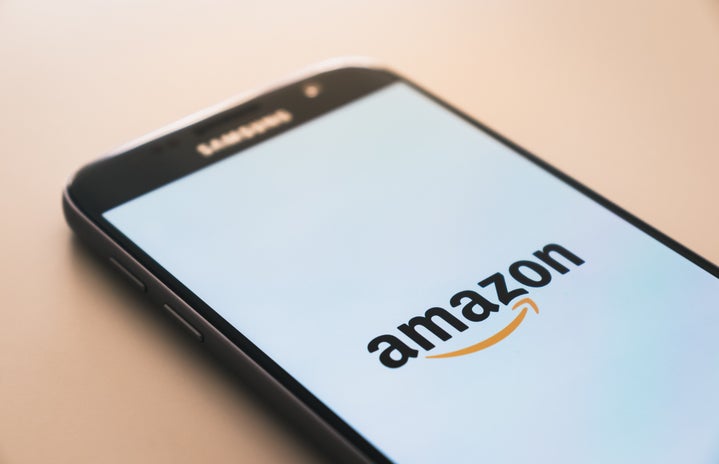Due to the present threat of COVID-19, there has been a rise in the number of users of home delivery services like Amazon and Instacart. For many, the services these companies offer can be life-saving. A task as simple as going to the grocery store can be a major health risk for immunocompromised individuals. Thanks to this increase in demand, Amazon is in the process of taking on 100,000 new employees. Instacart is tripling that with the hopes of introducing 300,000 new “shoppers.” While employees of Amazon and Instacart have job security, many have shared their concerns about the safety of their work conditions.
Recently, Amazon confirmed that two warehouse workers tested positive for COVID-19. Despite the company failing to provide their workers with Coronavirus screenings, social distancing practices at work or other protective measures, CNN Business reports that employees were encouraged to work longer hours. In retaliation, Amazon warehouses have witnessed walkouts as employees went on strike. In the case of Instacart, employees made demands for “hazard pay, expanding coronavirus sick pay to include coverage for those with underlying health conditions, and changing the default tip from 5% to 10% on all orders.” Instacart shoppers are risking their own immunity to help people get the supplies they need yet make as little as $5-$7 per order. Shoppers have performed virtual strikes by not logging into the app to complete orders. Concerned employees have made it clear: their health is just as essential as consumers.

In addition to unsafe working conditions for indispensable employees, the COVID-19 pandemic has led to massive layoffs for thousands of “nonessential” workers. While some of these layoffs are temporary, rent was still due on April 1 for millions of tenants. Many Americans have begun calling for a rent freeze as strikes have begun to pop up in cities like Chicago and New York. Even major companies are struggling: According to The Washington Post, the Cheesecake Factory announced that they would not be paying April rent for any of their restaurants.
Fortunately, the $1,200 stimulus check for those earning under $75,000 a year is anticipated to drop later this month. While this check could help pay for rent or utilities, April 17 is the earliest people may receive funding. For many, it will not roll out until after May rent is already due. Landlords have attempted to combat this issue by offering delayed payments or waived late fees, but few have provided total relief of payments. Their concern is potentially witnessing another collapse of the housing market, one that would mimic 2008’s.
Some states have taken the matter into their own hands by halting or banning evictions during the pandemic. California Representative Maxine Waters even proposed legislation that could cover the rent for millions. The cost of this bill? $100 billion. But the lives it would save would be priceless. A senator in New York, Mike Gianaris, followed lead and offered legislation that would cover three months of rent or mortgage payments. Casey James, a Georgia native and rent strike leader, expressed that, “It’s not fair — everything is shut down, you can’t work. Our mayor says, ‘Stay home, don’t go outside,’ but we’re expected to pay the cost of subsidizing” landlords. If we’re really in this disaster, everything should be frozen.”
Want to see more HCFSU? Be sure to like us on Facebook and follow us on Instagram, Twitter and Pinterest!



